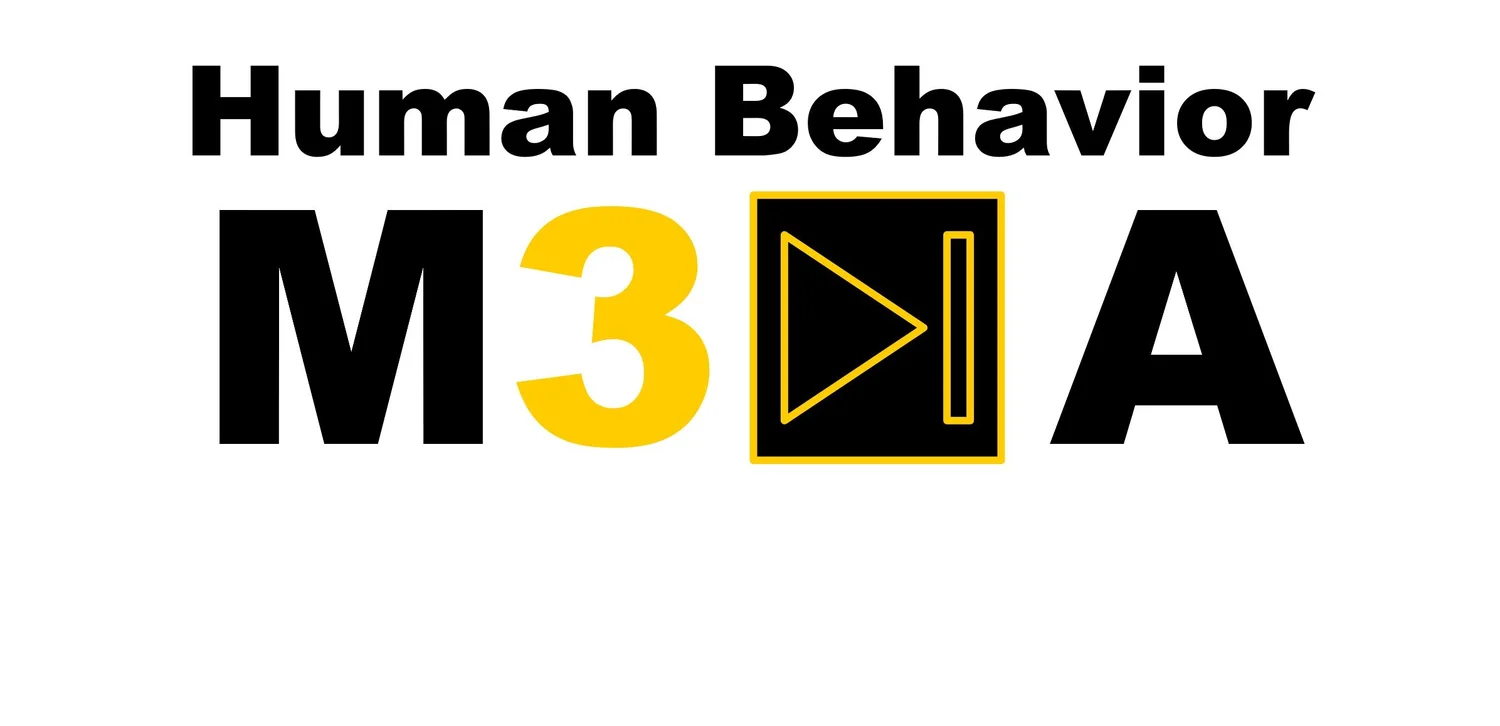Why Video Builds Trust for Surgeons
Plastic surgery is a high‑stakes, emotion‑driven decision where patients must believe both in a surgeon’s competence and character. Studies and marketing data show that seeing a surgeon speak directly to camera, explain procedures, and interact with patients dramatically increases perceived credibility and empathy.
Video also allows surgeons to showcase proof of results, such as before‑and‑after transformations, and lets patients see real emotions from satisfied clients — far more persuasive than written testimonials.
The Most Trust‑Building Video Types
Patient testimonials:
Real patients sharing their outcomes and experienceConverts social proof into emotional reassurance
Behind‑the‑scenes / “day in the life” clips:
Show office culture, staff interactions, patient care prepHumanizes the practice and conveys transparency
Educational myth‑busting shorts:
Correct misconceptions (e.g., safety, pain, downtime)Demonstrates authority and fa
Strategic Video Storytelling Methods
Trust‑building videos work best when they are authentic, emotionally relevant, and visually polished. Specialists in plastic surgery marketing emphasize:
Speak conversationally, not like a lecture; imagine addressing one prospective patient directly.
Feature staff warmth and teamwork, showing the human side of your clinic.
Use storytelling — convey patient journeys from consultation to recovery to highlight care quality.
Maintain consistency across social media; regular posting signals reliability and professional stability.
Leverage professional production for lighting, sound, and editing — poor quality can harm credibility in a luxury or medical context.
Platform‑Specific Insights
Instagram & TikTok favor short, emotion‑first formats — myth busting, transformations, patient stories.
YouTube supports longer educational explainers and full patient journeys — building deep trust and authority.
Facebook caters to an older demographic; testimonial and in‑depth consultation videos perform best.
Key Takeaway
For plastic surgeons, video isn’t simply advertising — it’s pre‑consultation trust work. By combining transparency, education, and personality on video, surgeons can shorten the patient decision cycle, justify premium fees, and convert curious viewers into confident clients.

